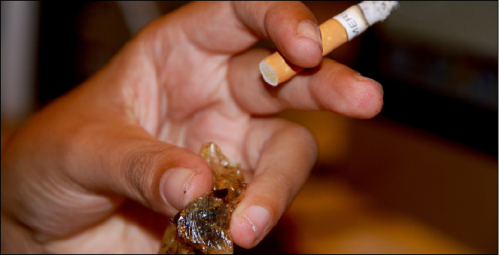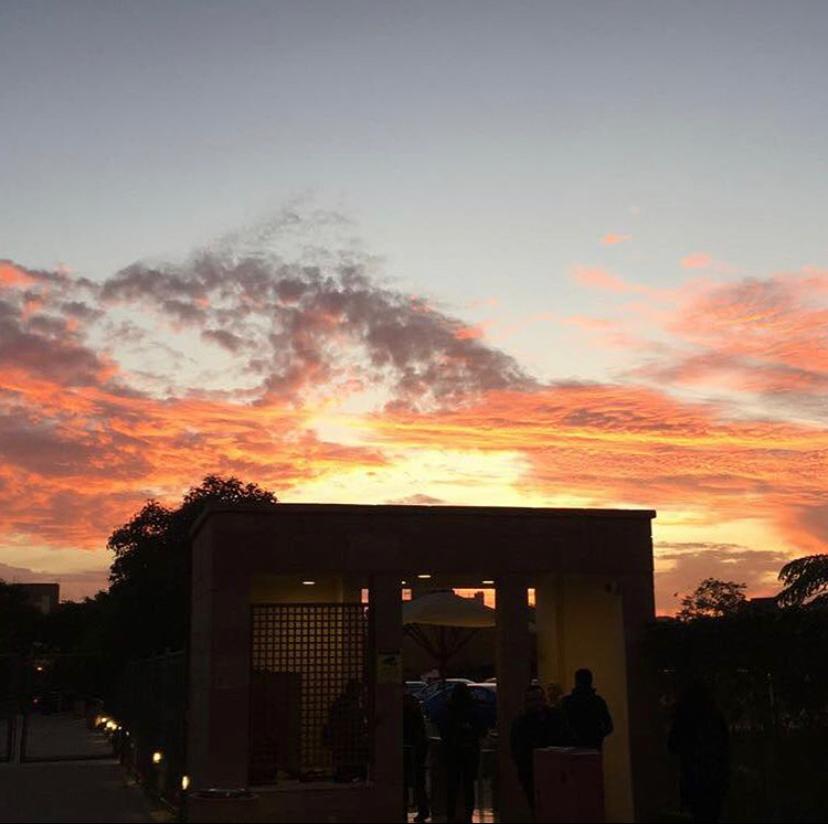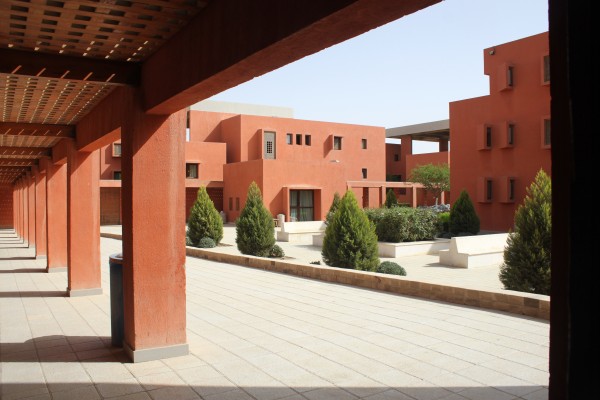New Drug Testing Policy Sidesteps Student Government
By: Menna Eid
Follow @mennaeid
The University administration has implemented a number of new security policies and regulations, some of which have been outright rejected as invasive by the student body.
According to one policy, any questionable student behavior, including suspicion of drug or alcohol abuse, and excessive tardiness or absence, makes the student subject to drug testing.
“The University may ask a student to submit to a drug and/ or alcohol test at any time it feels that the student may be under the influence of drugs or alcohol,” the policy reads.
The administration says the policy, which went into effect during the summer break, is in line with Egyptian and US drug laws.
But student representative groups like the SU, Student Senate and Student Court say that they weren’t consulted or approached for amendment, comment or approval.
“The [role] of student governance isn’t clear anymore. A while ago students’ opinions were always taken into consideration when it came to [such issues as] attendance policies, repeat forms or even [security] cameras,” Student Union (SU) President Mohamed Gadalla told The Caravan.
Gadalla believes that communication between administration and the student body may be faltering not only as a result of the University not informing the AUC Community of the new policy, but also as a result of not providing a justification for passing such measures.
The Caravan contacted the Provost’s Office, which referred this reporter to Dean of Students George Marquis.
At press time, Marquis was unavailable for comment despite repeated efforts to reach him.
“What does it mean that a student is acting suspiciously? What falls under suspicious behavior?” Gadalla said.
“It is unreasonable to drug test students who have excessive tardiness or absence. There are many factors that can affect a student’s academics that are not related to drug abuse.”
Senior Security director Mohamed Ebeid told The Caravan that the security office firmly believes in creating a safe environment, and that drug and alcohol abuse must not be tolerated.
He added that suspicious student behavior includes, but is not limited to, walking and/ or speaking in a strange way; participating in a fight; or even being involved in a car accident near campus.
The clinic would then have to perform a drug test on the parties involved. However, the security office members have yet to send a student to testing.
“We had several cases this semester where drugs were confiscated from students because they were caught smoking hash. It was unnecessary for the security members to send them for drug testing when they were caught abusing drugs,” Ebeid said.
While Gadalla strongly supports the initiative to keep campus a drug-free zone, he believes the issue of alcohol is debatable since drug tests could reveal traces of alcohol that were consumed off campus.
“[Alcohol] is not illegal. It is sold in markets and people buy it. It is merely religiously prohibited but that shouldn’t matter because the University isn’t a religious community … What is the campus trying to achieve? Raise its students?”
Speaker of the Student Senate Baher Mohamed told The Caravan that such a policy could be a result of the administration’s aim to create a campus with guidelines similar to universities in the United States to attract more international students.
He added that many foreign universities refuse to participate in student exchange programs with universities that do not uphold similar policies.




